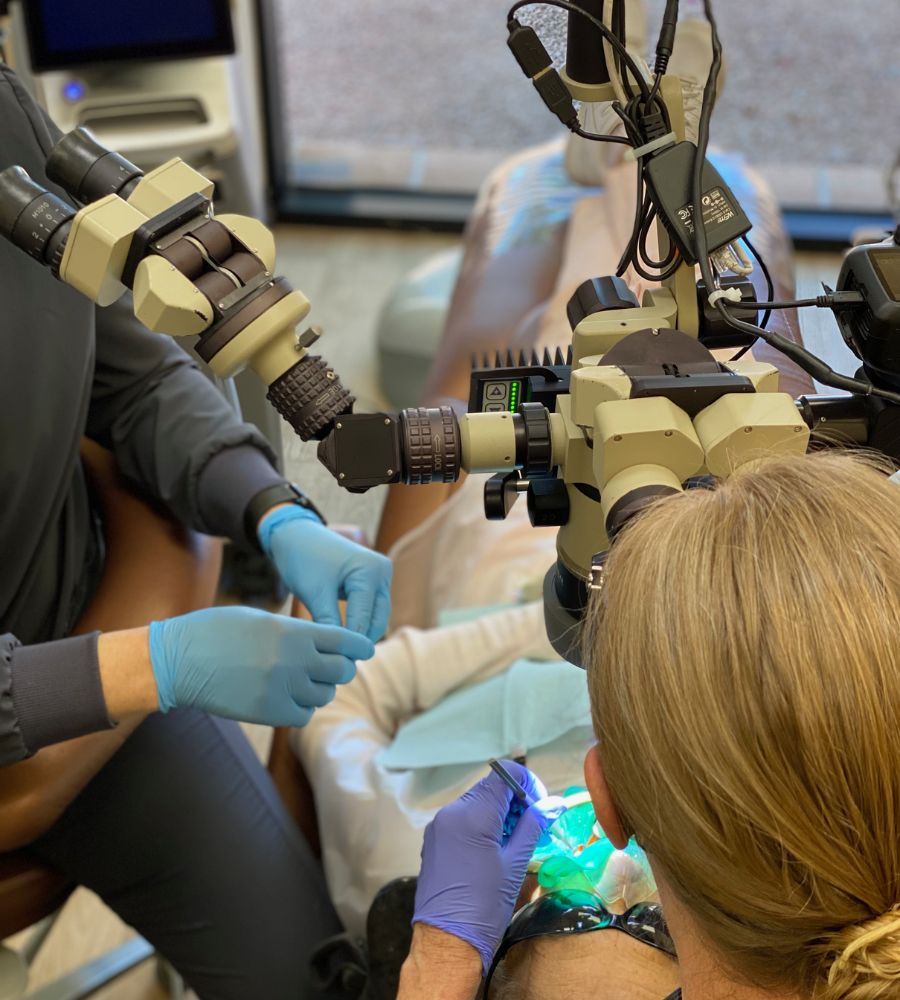Diamonds last forever. Dental treatments may not. That does not mean the treatments are not valuable. Potentially complex  treatments, such as root canals, can be effective even if they need to be done a second time.
treatments, such as root canals, can be effective even if they need to be done a second time.
Endodontic retreatment offers another chance to natural teeth previously saved with a root canal. If a tooth treated with a root canal becomes sore or painful, even months or years later, see your endodontist immediately. They can determine if the tooth is a candidate for retreatment.
Here are answers to some frequently asked questions about endodontic retreatments, courtesy of practitioners at Phoenix Endodontic Group.
Answers To Common Endodontic Retreatment Questions
Why does my tooth need endodontic retreatment?
Reasons that your original root canal might fail include complex or very small root canals missed during the first procedure, or a delay in getting a crown restoration after your root canal. It’s also possible your tooth experienced new decay or damage, allowing infection to take hold.
Why perform the root canal procedure again if it has failed?
Here is a parallel: If you broke your arm a second time, you would still want the doctor to set the bone and put it in a cast. Endodontic retreatment, a non-surgical option, is one of three choices you may have; the other two are endodontic surgery (apicoectomy) and extraction.
What happens during endodontic retreatment?
Endodontic retreatment is similar to the original root canal procedure. The endodontist will remove your crown and disassemble any materials added to improve your tooth’s structure, such as a post and core. They will remove the current sealant material, carefully examine your tooth’s roots to locate the problem, and clean the canals with disinfecting fluids. Then, the canals will be resealed and a temporary filling placed. You will again need to have a crown placed to finalize the process.
Are endodontic retreatments usually successful?
Endodontic retreatments have a success rate approaching 90 percent. If your endodontist has concerns a retreatment may not be right for you, they may suggest an apicoectomy. In that surgical procedure, a small incision is made near the tooth root to address the infected tooth canals there.
“When we do an endodontic retreatment, we examine our patient’s tooth carefully to ensure the success of the procedure,” says Dr. Jacqueline S. Allen, who practices at the Phoenix Endodontic Group. “We’re happy to answer all your questions, so you’ll feel at ease during your retreatment.”
